On the afternoon of May 6, the National Assembly discussed in groups the draft Law on Science, Technology and Innovation.
There needs to be a policy to attract and protect scientists.
According to delegate Le Thi Van (Bac Ninh delegation), Resolution 57-NQ/TW of the Politburo affirmed the key driving role of science, technology and innovation along with national digital transformation as the leading important breakthrough, the main driving force for rapid and sustainable socio-economic development, helping the country overcome challenges and develop breakthroughs in the new era.
Expressing agreement with the need to promulgate the Law on Science, Technology and Innovation, but in order for the Law to truly come into effect and maximize its effectiveness, delegate Le Thi Van said that it is extremely important to review it to avoid overlapping with other laws, especially laws on investment, enterprises, intellectual property, and state budget. The lack of synchronization can cause difficulties and confusion for both management agencies and enforcement subjects, reducing the effectiveness of the policy.
Regarding the handling of assets formed from scientific and technological tasks (Article 25) regulating the handling of assets and equipment used to perform scientific, technological and innovation tasks using the state budget, delegates said that this is a breakthrough regulation, removing one of the biggest obstacles in current scientific and technological activities in Vietnam.
However, delegates pointed out that this regulation is still general, which can easily lead to scientists and scientific organizations being hesitant to invest in equipment or not daring to handle assets after the mission for fear of violations.
From there, the delegates proposed that the Government should provide detailed regulations to provide specific guidance and resolve these practical difficulties, such as: It is necessary to clarify what "equipment assets" include. In addition, there should be detailed regulations on accounting and monitoring responsibilities; inspection and supervision mechanisms; and especially regulations on the management, use and disposal of assets after the completion of scientific and technological tasks.
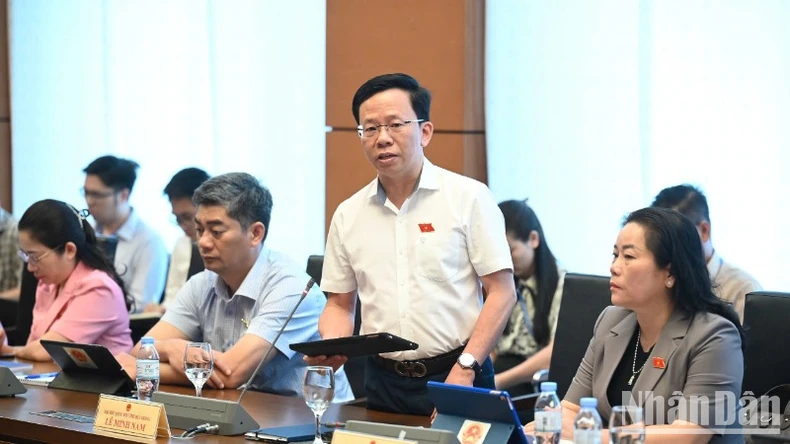 |
Delegate Le Minh Nam (Hau Giang delegation) expressed his agreement with the need to promulgate the Law on Science, Technology and Innovation. Photo: DUY LINH |
Delegate Le Minh Nam (Hau Giang delegation) expressed his agreement with the necessity of promulgating the Law on Science, Technology and Innovation.
Regarding the principles and policies of science, technology and innovation activities, delegates said that there are many groups of content, so they should be "collected" into a number of large policy groups and these policies need to be specified in laws to help make implementation feasible and effective during the implementation process.
Regarding the regulations on risk acceptance in scientific, technological and innovative activities (Article 9), the delegates agreed that there should be a mechanism to protect scientists as well as to maximize their creative potential. However, for basic research, the delegates proposed that it is possible to study and expand risk acceptance at a higher level. However, for applied research, according to the delegates, it must be tightened, linked to very specific goals because there is a basic foundation and when put into application, the risk has been controlled quite a lot.
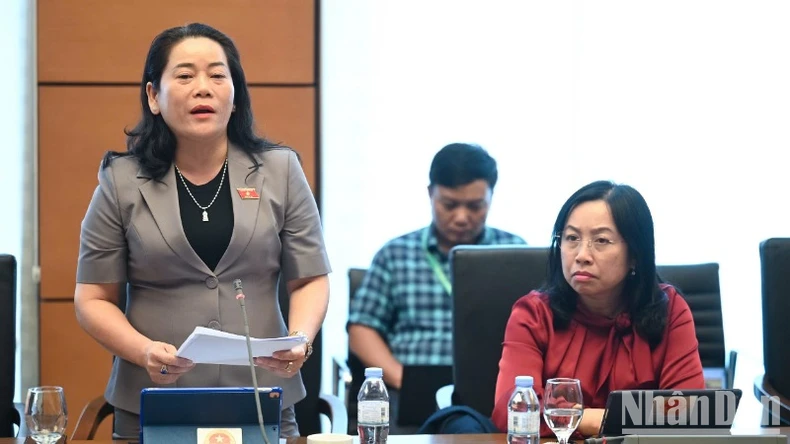 |
Delegate Le Thi Thanh Lam (Hau Giang delegation) suggested that there should be policies to encourage the development of innovation centers, technology business incubators and individual venture capital funds. Photo: DUY LINH |
Concerned about policies to attract individuals and businesses to invest in science, technology and innovation, delegate Le Thi Thanh Lam (Hau Giang delegation) suggested that there should be policies to encourage the development of innovation centers, technology business incubators and individual venture capital funds. Specifically, there should be policies to support individuals in terms of finance, taxes and simplify administrative procedures, and mechanisms to attract and retain talent in the fields of science, technology and innovation through preferential policies for individuals in terms of salary, bonus, social insurance and working environment.
Along with that, consider adding content to build technology training programs, integrate programming, AI, etc. into general education programs from primary to high school and have policies to support training and fostering teachers in technology. Strengthen cooperation between universities, research institutes and technology enterprises to train human resources close to practical needs, creating conditions for students and young scientists to participate in innovation projects right from their school days.
Encourage business ordering mechanism
Speaking at the group discussion session, giving opinions on the draft Law on Science, Technology and Innovation, National Assembly Chairman Tran Thanh Man emphasized that if the country wants to develop quickly, it must rely on science, technology, and education and training. This is an issue that requires special attention to meet the needs of industrialization and modernization of the country.
Agreeing with the opinions of many National Assembly deputies at the group discussion session on the need to further strengthen incentive mechanisms and financial support, the National Assembly Chairman commented that the draft Law does not have any specific provisions on tax incentives and financial support for businesses, especially startups and science and technology enterprises in universities.
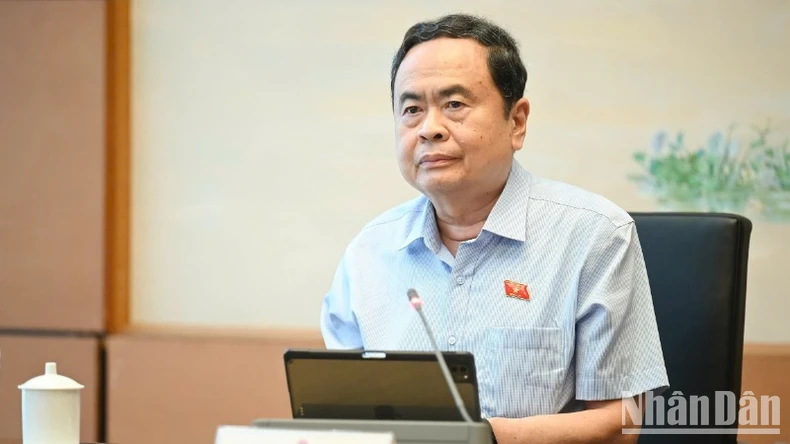 |
National Assembly Chairman Tran Thanh Man speaks at the discussion session. Photo: DUY LINH |
"We need to clearly and strongly stipulate tax incentives, such as corporate income tax exemptions for commercialized products from scientific research; establish flexible financial mechanisms such as Venture Capital Funds or initial capital support for innovative startups; simplify procedures for commercializing scientific research results; reduce administrative barriers to encourage technology transfer...", the National Assembly Chairman proposed.
To develop high-quality human resources, the National Assembly Chairman suggested that the drafting committee carefully study preferential policies for human resources such as: exemption and reduction of personal income tax, rewards for basic research, profit sharing from commercialization of scientific research results; strengthening training from high school to higher education, early career orientation for students; having interdisciplinary training programs...
Pointing out the recent reality that many scientific studies have not been applied in practice or commercialized, leading to a waste of resources, the National Assembly Chairman suggested that in the future, it is necessary to encourage the mechanism of placing orders for businesses, ensuring that the topics are highly practical and linked to market demand; regulate priority in public procurement for products from research and innovation activities, creating motivation for businesses to participate; support the establishment of businesses from universities and research institutes to commercialize research results...
On the other hand, the National Assembly Chairman also emphasized the importance of building a national innovation ecosystem. In particular, it is necessary to specify the responsibilities of each entity in the ecosystem such as: enterprises, research institutes, universities...; have strict mechanisms such as innovation models or research orders from enterprises; promote interdisciplinary innovation centers, integrate social sciences and natural sciences, create momentum for a sustainable ecosystem; supplement policies to support innovation centers connecting with innovation ecosystems.
According to the National Assembly Chairman, public opinion and scientists are currently paying close attention to this draft Law.
"If we build a new law without any breakthroughs and if it is not implemented effectively, it will not meet the requirements. This law must be more breakthrough, stronger, and newer than Resolution No. 193 of the National Assembly," the National Assembly Chairman emphasized.
Source: https://nhandan.vn/tao-dot-pha-manh-me-phat-trien-khoa-hoc-cong-nghe-va-doi-moi-sang-tao-post877699.html



![[Photo] Prime Minister Pham Minh Chinh receives delegation from the US-China Economic and Security Review Commission of the US Congress](https://vphoto.vietnam.vn/thumb/1200x675/vietnam/resource/IMAGE/2025/5/7/ff6eff0ccbbd4b1796724cb05110feb0)

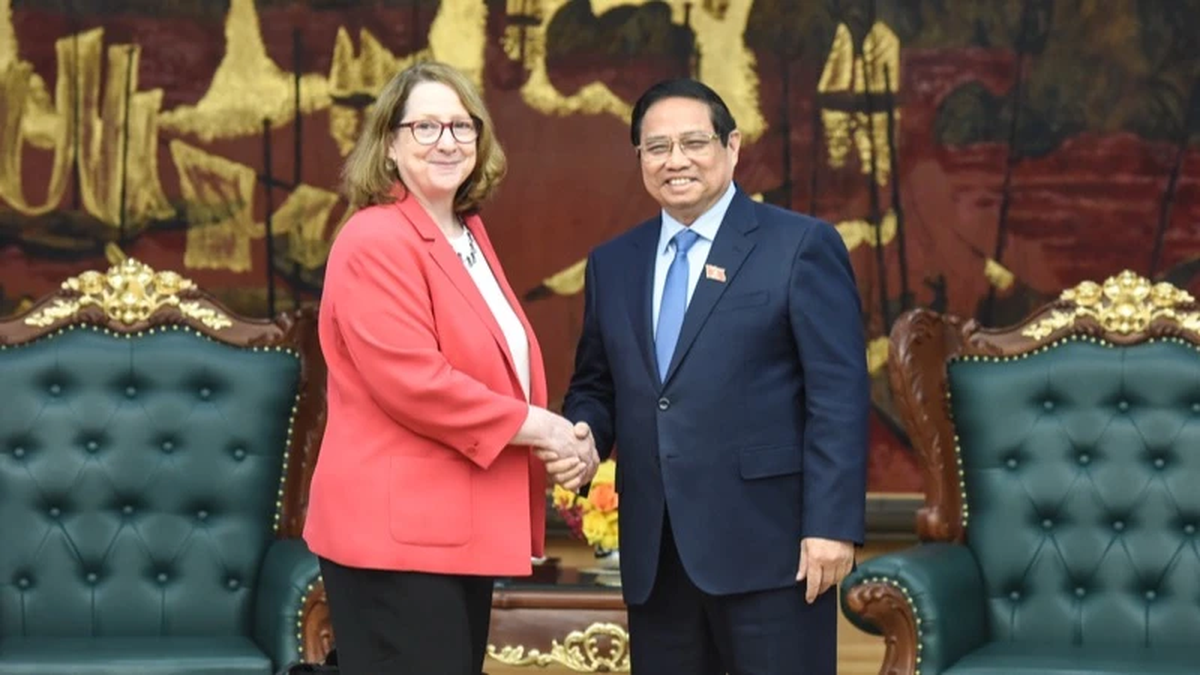
![[Photo] General Secretary attends the parade to celebrate the 80th anniversary of the victory over fascism in Kazakhstan](https://vphoto.vietnam.vn/thumb/1200x675/vietnam/resource/IMAGE/2025/5/7/dff91c3c47f74a2da459e316831988ad)

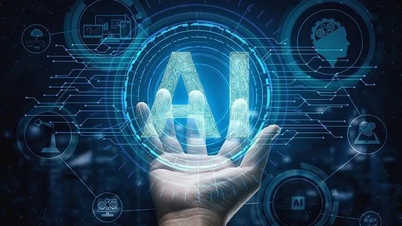

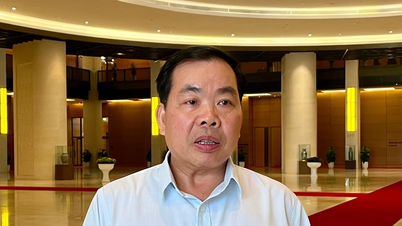
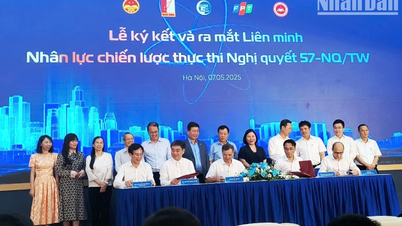








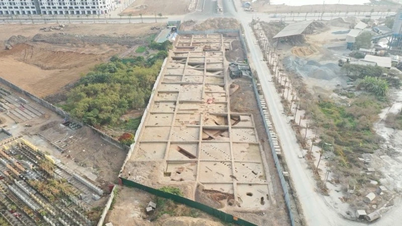


![[Photo] Prime Minister Pham Minh Chinh receives delegation from the US-China Economic and Security Review Commission of the US Congress](https://vphoto.vietnam.vn/thumb/402x226/vietnam/resource/IMAGE/2025/5/7/ff6eff0ccbbd4b1796724cb05110feb0)
![[Photo] Sparkling lanterns to celebrate Vesak 2025](https://vphoto.vietnam.vn/thumb/1200x675/vietnam/resource/IMAGE/2025/5/7/a6c8ff3bef964a2f90c6fab80ae197c3)
















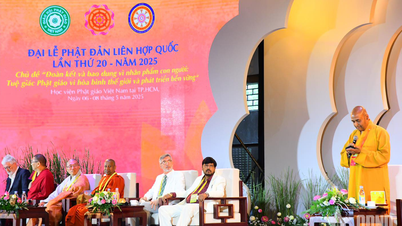


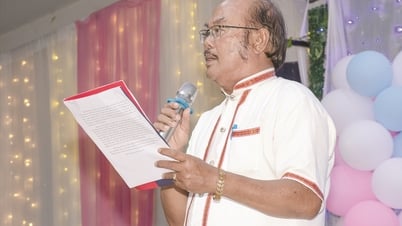
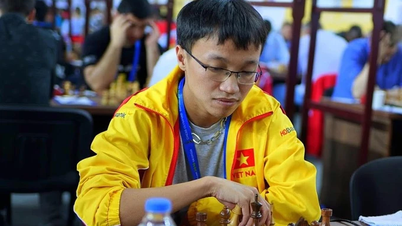







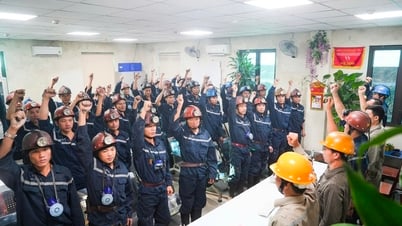

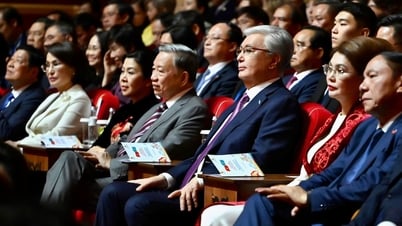


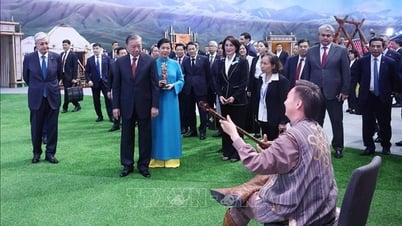
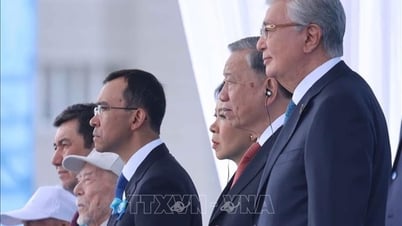

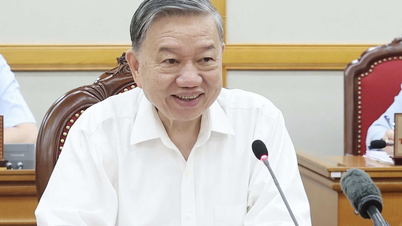


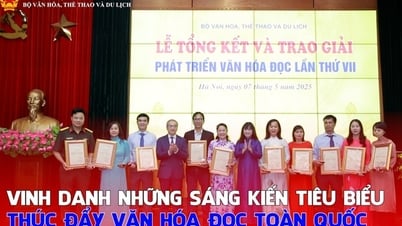

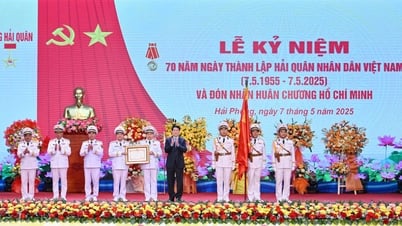

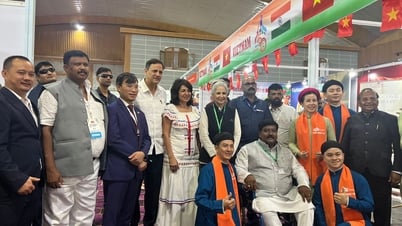

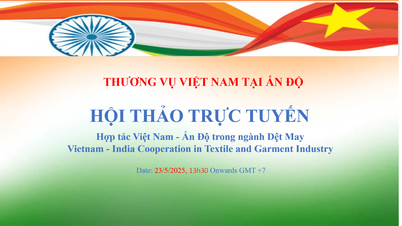



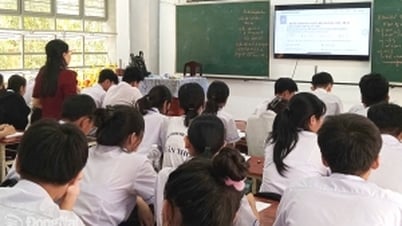


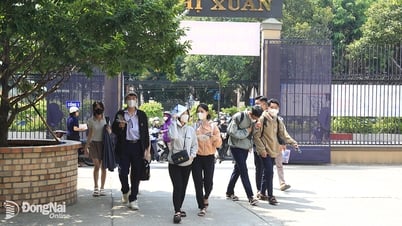
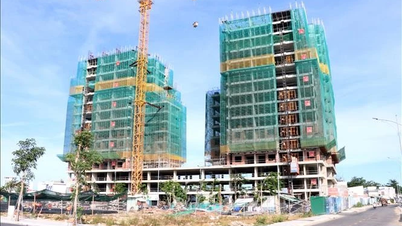










Comment (0)